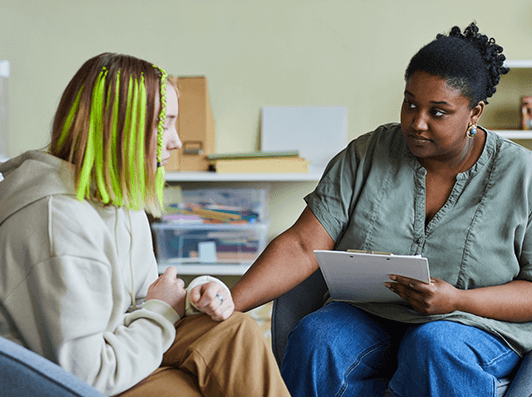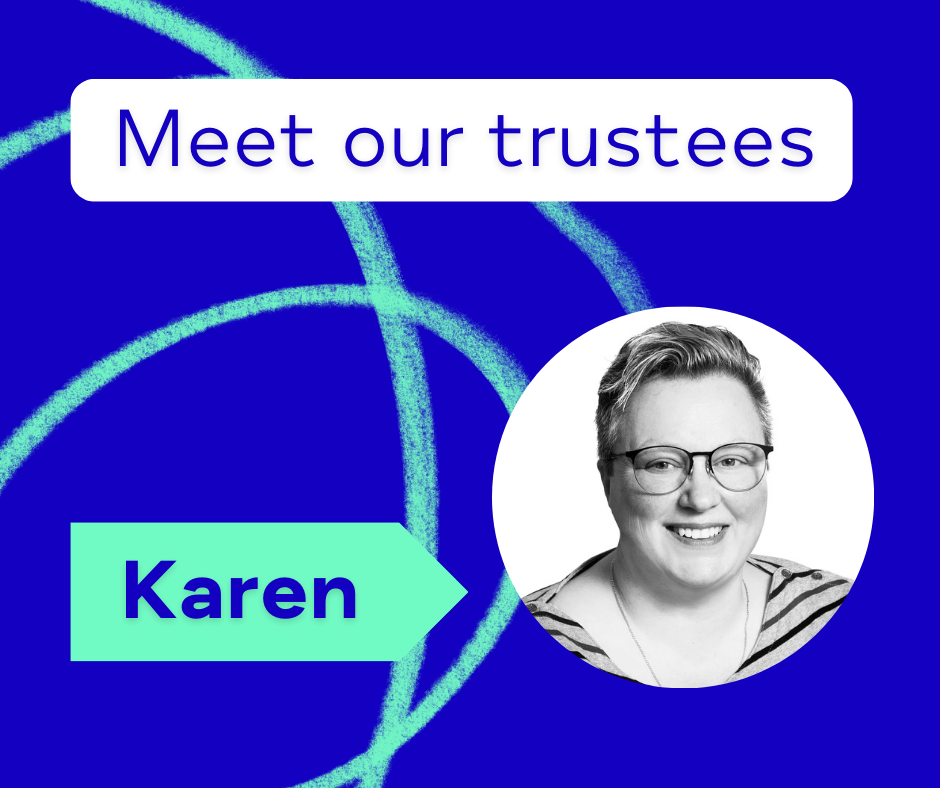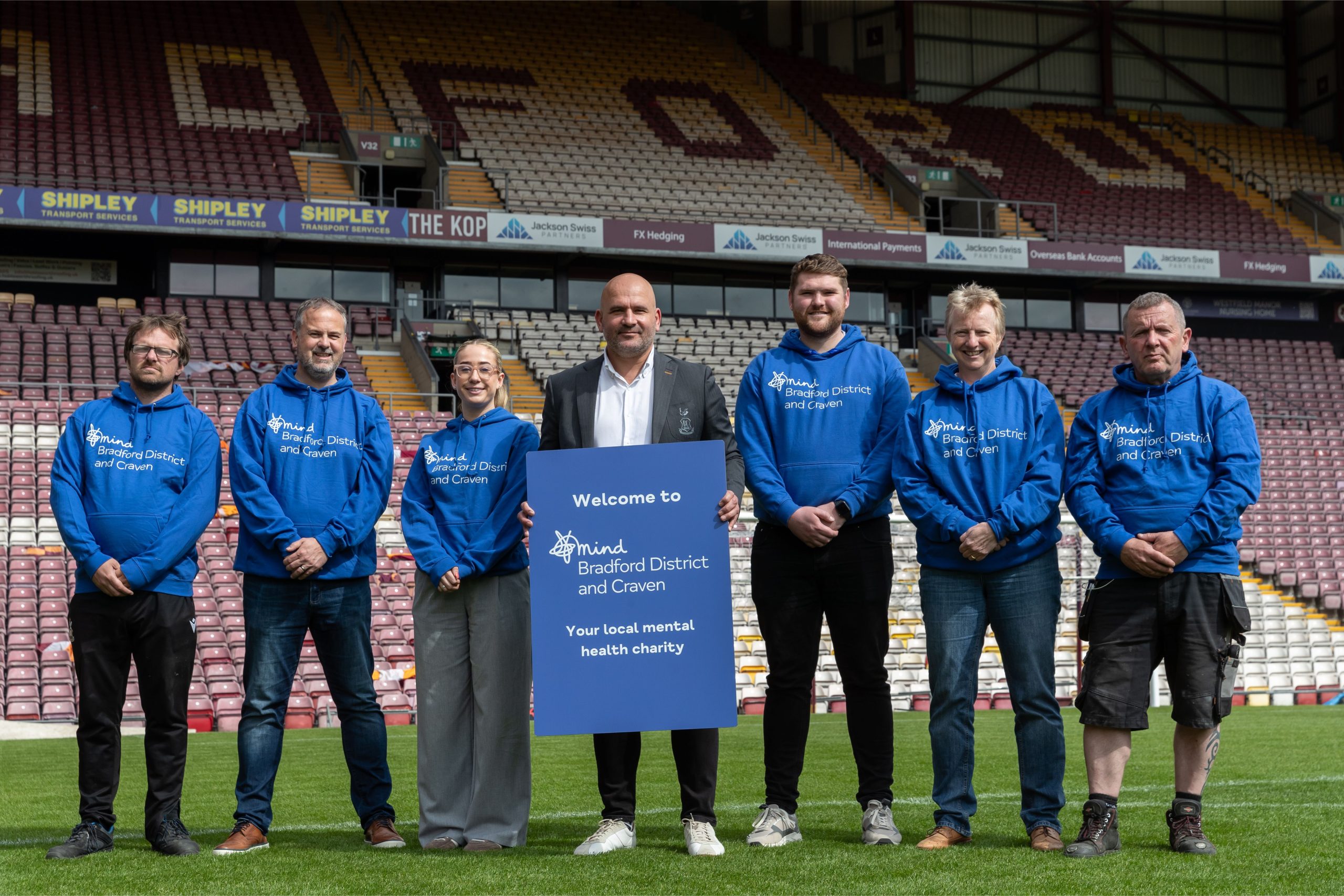Meet our Trustee, Jaspreet
Hello, my name is Jaspreet and I’m proud to serve as a trustee on the Board of BDC Mind. I chose to volunteer with Mind because I’ve seen first-hand how vital community based mental health supporter is.

Anxiety is a natural response to feeling worried, tense or afraid and is particularly with things that are about to happen or what we think may happen in the future.
It becomes a mental health problem once it begins to impact your ability to live your life.
Anxiety is experienced differently depending on an individual.
There can be physical and mental effects for someone dealing with anxiety. A few common ones are faster breathing, feeling tense and having a sense of dread.
Some causes of anxiety can come from difficult experiences in the past, current situations and may also be triggered in people living with serious physical or mental health problems. It can also be a side effect of psychiatric medications and recreational drug and alcohol use.
Living with anxiety can be difficult. Here are a few self-care tips for you or someone you know to help manage it.
1. Your physical health
2. Breathing exercises
Breathing exercises help slow your heart rate and feel calmer. The following is the NHS’ step-by-step guide to a simple breathing exercise:2
There are also visual guides that you may find useful:
RELAX AND BREATHE: Do Nothing for 10 Minutes
3. Complementary and alternative therapies
These are examples of complementary and alternative therapies that some have found to help with anxiety both individually or combined. Give some of these methods a go and see what works best for you!
4. Keep a diary
Keeping a diary can be a great way to not only manage your worries by writing them down in one place, but can help you rationalise your thoughts and feelings and identify patterns and unknown triggers.
You could write about a scenario that causes you to be anxious and add how it makes you feel, think, what you believe will happen and what is the probable reality, letting you be critical without dismissing your own feelings.
It is also a good idea to write about what’s going well as it allows you to take a second to recognize the good things going on in your life and encourages you to be kinder to yourself.
5. Talking
Talking to someone you trust may help with anxiety just because it shows you that you have someone who cares enough to listen. However, if you feel as though there is no one you trust enough to talk to there is always the option of peer support groups.
These groups help as they provide those with severe anxiety a space where everyone has had a similar experience, they are willing to share and is full of individuals who are happy to listen and support each other.
This group is the most warming, caring, considerate group I’ve ever attended.
Here are a few groups and services you can seek out for more information:
If you’re having severe anxiety or a panic attack and need help, contact Safe Spaces. Anyone aged 7 and over and living in the Bradford district and Craven can access the service by calling first Response on 0800 952 1181 and asking for ‘Safe Spaces’ to receive a same day in-person or online appointment. See our Safe Spaces page for more information.
References:
Posted on: 7th December 2022

Hello, my name is Jaspreet and I’m proud to serve as a trustee on the Board of BDC Mind. I chose to volunteer with Mind because I’ve seen first-hand how vital community based mental health supporter is.

Safe Spaces is crisis support service led by The Cellar Trust and Bradford District and Craven Mind alongside […]

Hello, my name is Karen and I’m a trustee here at Bradford District and Craven Mind. I became a trustee last year, you might want to know why I decided to do that. Well, it’s quite simple, I felt that I wanted to give something back and get involved in something beyond my day job.

Bradford District and Craven Mind has teamed up with Bradford City AFC in a new […]